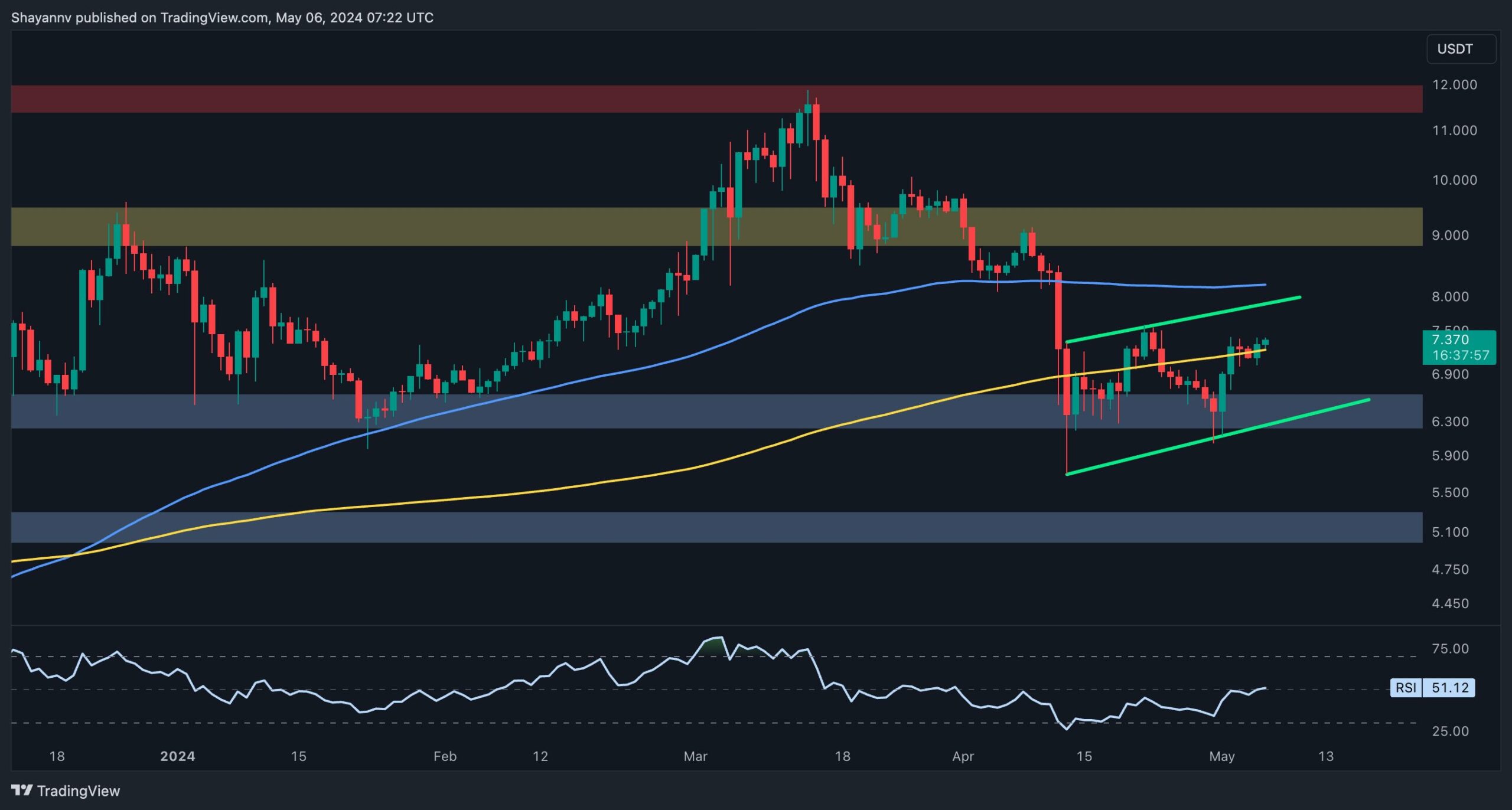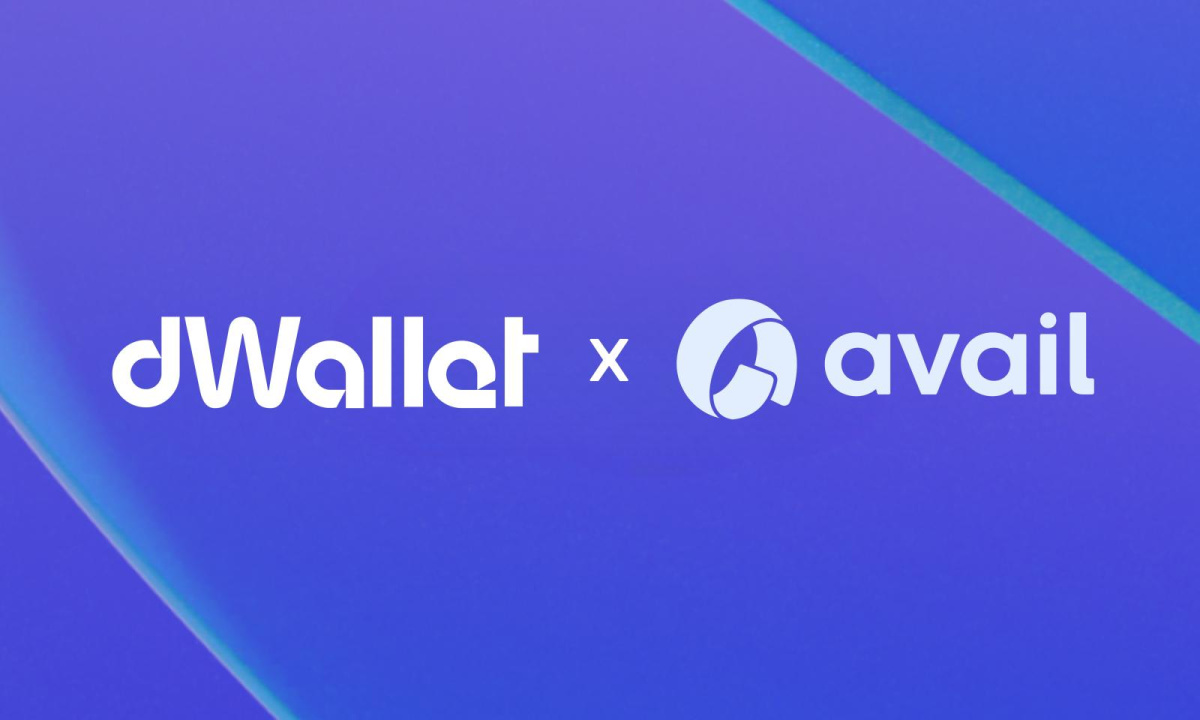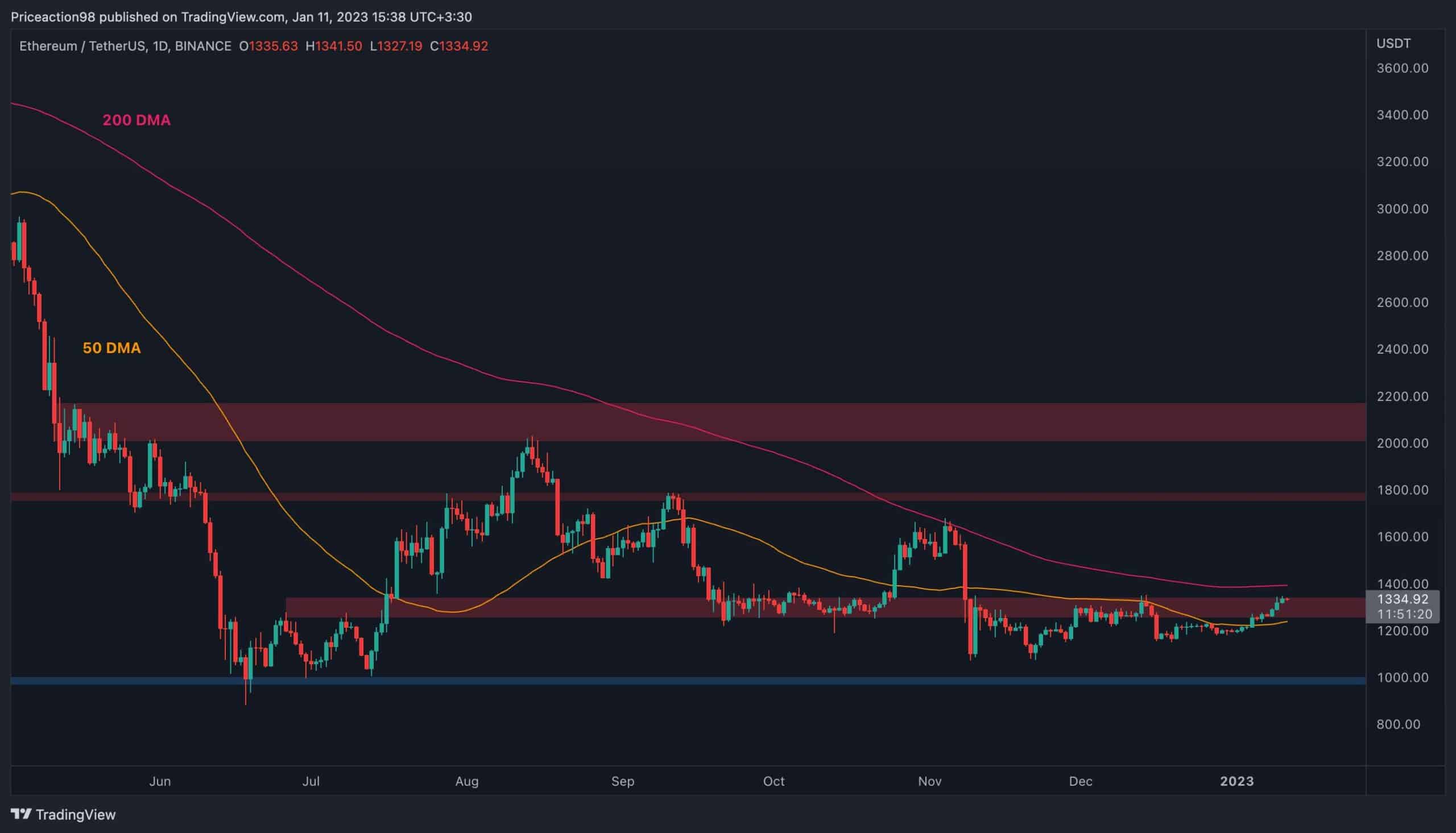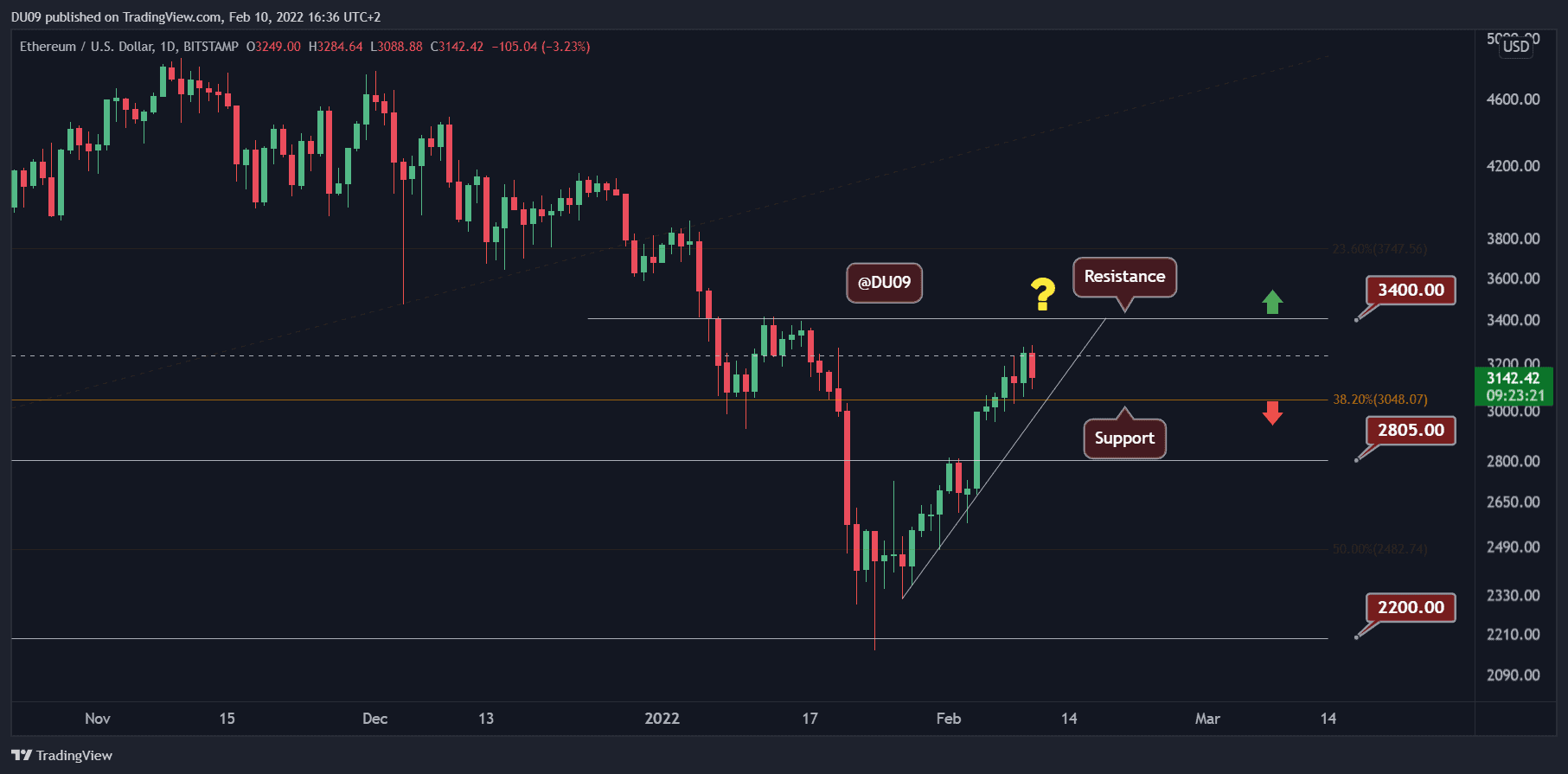(Opinion) How Blockchain Will Power The Electricity Grid of The Future
Earlier this month, under its “The Future of Everything” vertical, The Wall Street Journal reported how AI is improving the power grid. The Journal says artificial intelligence is “the key to keeping the lights on.” The article explains how power companies are “turning to AI, drones, and sensors to curtail outages, save money, and help operate an increasingly complex electricity grid.”
Further, by doing so, they cut the recovery time from hurricane-related outages nearly in half in just a little over a decade. But these improvements are just the beginning of how artificial intelligence will manage the electricity grid of the future. Blockchain-powered artificial intelligence will be a linchpin of the global electricity infrastructure. It’s easy to envision how this will work out.
Solar Panel Prices Collapsing The Cost of Electricity
The energy economy of the future will sustainable and zero-carbon. There’s little doubt about that. The price per kilowatt-hour of solar energy had fallen below that of coal and gas by 2018. Solar panel prices have gone parabolic in the downward direction since the 1970s. In the last 12 years, solar prices that were already orders of magnitude below 1970s levels fell off dramatically again.
The Electricity Grid of The Future
So what role do blockchain and artificial intelligence have to play in this? If you follow the trend lines, solar is going to get very cheap. So cheap, in fact, that the electricity grid will no longer be a one-way channel from plant to end-user. Instead, it will be a distributed ecosystem of electricity users/producers. Those who don’t consume all the energy they produce from their solar roof tiles and solar driveway/patio paver will push it onto the grid. Those who consume their surplus will buy it from them for a fee.
How Blockchain Will Manage The Power Grid
All of these constant micro-transactions for electricity will be mediated and logged by blockchain-powered decentralized autonomous organizations (DAOs). These DAOs may live on the Ethereum virtual machine, or on something that doesn’t exist yet. Who knows? But electricity will become so cheap that only micro-transactions will be up to the task of managing the energy economy of the future. This is a perfect use case for the technology underlying cryptocurrencies like Bitcoin and Ethereum. And the second layer technologies that live on top of them, like the Lightning Network, which can process sub-satoshi amounts. (That’s less than $0.00008683 at the time of writing.)
Because bitcoin is so electricity-intensive to produce, the Bitcoin economy is sensitive to fluctuations in industrial energy costs. In that, the cryptocurrency industry has already seen the close relationship between monetary units of account and electricity. And with Ethereum, we’ve seen how it’s possible to create distributed, autonomous artificially intelligent system to manage any digital complex according to a set of predetermined rules. That would include an increasingly sophisticated electrical infrastructure. Blockchain will manage the energy economy. You’ll pay automatically for the energy you use, and automatically get paid for the energy you create.
The post (Opinion) How Blockchain Will Power The Electricity Grid of The Future appeared first on CryptoPotato.









